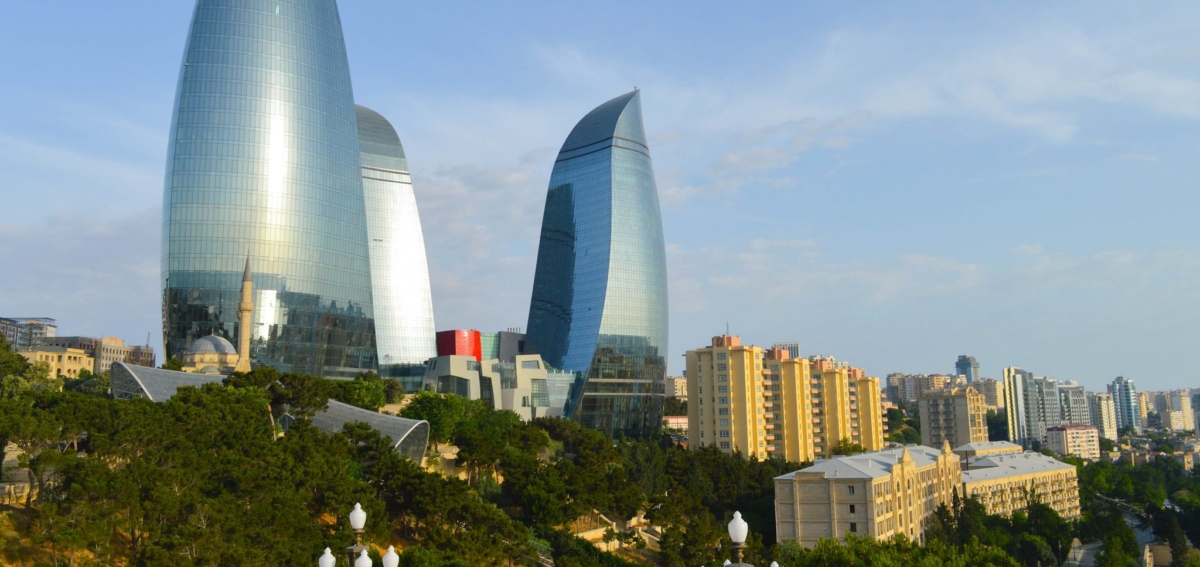Corrupt cash, Scottish shell companies, Scandinavian banks, and bribery in Strasbourg. The latest Laundromat revelations that the Azerbaijani government has been involved in a massive corruption scheme is hardly a shock after so many pan-European corruption scandals in the last few years. But the scale and complexity of this elaborate scheme, now exposed for everyone to see by hard working journalists at the OCCRP, shows the complicity of European banks, companies, and individuals in propping up a corrupt kleptocracy.
The Azerbaijani Laundromat was a complex money-laundering operation using a slush fund that handled $2.9 billion between 2012 and 2014 through four shell companies registered in the UK. These companies were able to disguise the true origins of the funds by listing proxies or non-existent shareholders on registration paperwork. The only trace of who may have controlled some of these vehicles leads to the British Virgin Islands (BVI), where the registered owners were other companies. The money was used to pay off European politicians, buy luxury goods, launder money, and launder the reputation of Azerbaijan abroad.
The case also points at the role of European banks in failing to ensure compliance with anti-money laundering regulations. Banking records leaked to the Danish newspaper Berlingske show that Danske, a major European bank, seemingly turned a blind eye to transactions that should have raised red flags. The bank’s Estonian branch handled the accounts of all four UK-registered shell companies, allowing the billions to pass through it without investigating their origins.
We are in reach of closing down the loopholes, which allowed this money to flow through Europe unchecked, if the EU makes the appropriate and bold revisions to its anti-money laundering rules. With negotiations about to resume in Brussels on revising the 4th anti-money laundering directive, we are calling on the EU institutions to come up with an ambitious text that would close all the loopholes exposed in the Azerbaijani case.
This new text must establish public access to beneficial ownership information as a principle for all types of legal entities and arrangements, including companies, partnerships and trusts. In this Laundromat case, a specific type of vehicle was used in the UK, called Scottish Limited Partnerships (SLPs), which until recently were not subject to beneficial ownership reporting obligations.
In addition, the obligation to report beneficial ownership information should extend to entities and arrangements doing business or holding assets in Europe, just like these BVI companies which owned the SLPs in the Azerbaijani Laundromat case. According to Transparency International UK, 71 % of all SLPs registered in 2016 were controlled by anonymous companies based in secrecy jurisdictions, like Belize, the Seychelles and Dominica.
To strengthen the role of banks as gatekeepers of the European financial system, we back proposals by the European Parliament which would require banks and other intermediaries to terminate their business relationship with customers who cannot identify their true owners. The proposals also call to reinforce sanctions for breaches of anti-money laundering rules, including the possibility to revoke business licenses of negligent banks in cases of repeated breaches.
What the Azerbaijani Laundromat clearly shows is that any changes to EU anti-money laundering rules failing to include all of these elements will leave Europe wide open to corrupt cash. This can only contribute to further undermining the stability of the European financial system and citizens’ trust in their institutions and political leaders.



